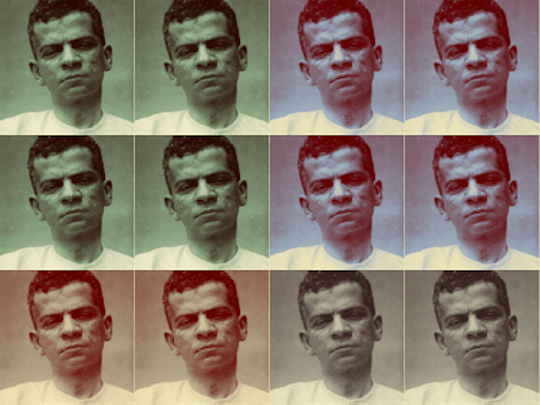Authors forgotten in their lifetimes sometimes resurface decades later, telling us stories that resonate far beyond their original historical moment. One such writer is Lima Barreto, whose poignant renderings of working class Brazilians from the turn of the twentieth century reverberate with contemporary relevance. Today, anthropologist Lilia Moritz Schwarcz tells Asymptote about her experience researching and writing the new biography of Lima Barreto, Lima Barreto, Triste Visionário, released in Brazil in July 2017.
Lara Norgaard (LN): In the biography you recently published, Lima Barreto, Triste Visionário, you read Lima Barreto’s fiction through the lens of history and anthropology. How was the experience of studying literature from that perspective? Why is historical context important for reading Lima’s work?
Lilia Moritz Schwarcz (LMS): Disciplinary contact zones are engaging spaces, but they are contested. I place myself at the intersection of anthropology, history, and literary criticism. It was a great concern of mine not to see literature as a direct reflection of reality, since we know that Lima Barreto, while reflecting on reality, also created his own. At the same time, Lima said he wrote literaturamilitante, a term he himself used. That kind of committed literature dialogues with reality.
Lima even suffered for that approach in his time. What we now praise as high literature used to be considered unimaginative. Can you believe that? His contemporaries said that because he referenced reality and his own life, he didn’t have imagination. For me, that was a big step. I thought, I’m going to write this life by engaging with the reality that Lima lived, just as he himself did. Take his first novel, Recordações do EscrivãoIsaias Caminha, which is the story of a young black man, the son of a former slave who takes the train to the big city, as Lima did. In that city he experiences discrimination. And the second part of the book is entirely a roman à clef, as it calls attention to journalism as the fourth estate. The novel was so critical that the media blacklisted Lima, and the book was terribly received. His story “Numa e a Ninfa” critiqued politicians and his second novel, The Sad End of Policarpo Quaresma, critiqued president Floriano Peixoto. Peixoto is part of the book. History enters the novel. And in that sense these novels dialogue with reality and invite the historian.
I also read the excellent North American biographer of Dostoevsky, Joseph Frank, who calls attention to how it’s possible for novels to structure a biography, not the other way around. So I tried to include Lima Barreto’s voice in my book. He’s the writer, and rather than explain something in his place it would be better to let him say it. And so, looking at the biography, you’ll find that I often intersperse my voice with Lima’s. Those were the methods I used working in the contact zones between disciplines.
READ MORE…



